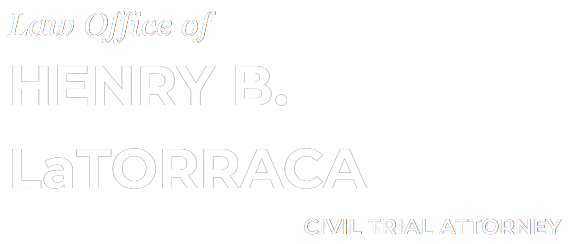Lenders in California and around the country are generally cautious when loans are secured by real estate, and they tend to follow safe and sound banking practices when judging area market conditions and local property values. However, federal regulations require real estate evaluations to be performed by licensed or certified appraisers in certain situations. The minimum threshold for commercial real estate loans has remained unchanged since being set at $250,000 by federal banking agencies in 1994, but it would be increased to $400,000 if proposed rule changes take effect.
The proposed changes, which were announced on July 19, apply to rules that were established following the passage of the Financial Institutions Reform, Recovery, and Enforcement Act in 1989. FIRREA required federal banking agencies to establish appraisal standards, and Title XI of the law was amended in 1992 to explicitly permit regulators to set firm thresholds. The proposal to revise these rules was made after a sweeping review of federal banking regulations was conducted in early 2017.
Lingering concerns about the type of irresponsible lending that led to the 2008 financial crisis prompted the federal banking agencies to leave the appraisal threshold for residential property transactions unchanged. Regulators also pointed out that changing the residential threshold would have little real impact because covered transactions would still be required to meet standards established by the Federal Housing Authority or organizations like Freddie Mac or Fannie Mae.
Loans secured by commercial real estate must often be refinanced after three to five years. Attorneys with experience in this area may be familiar with the challenges involved in negotiating complex financing packages, and they could help investors and developers to avoid common pitfalls. Attorneys may also seek to address legal issues promptly during refinancing discussions to avoid potentially costly delays.





